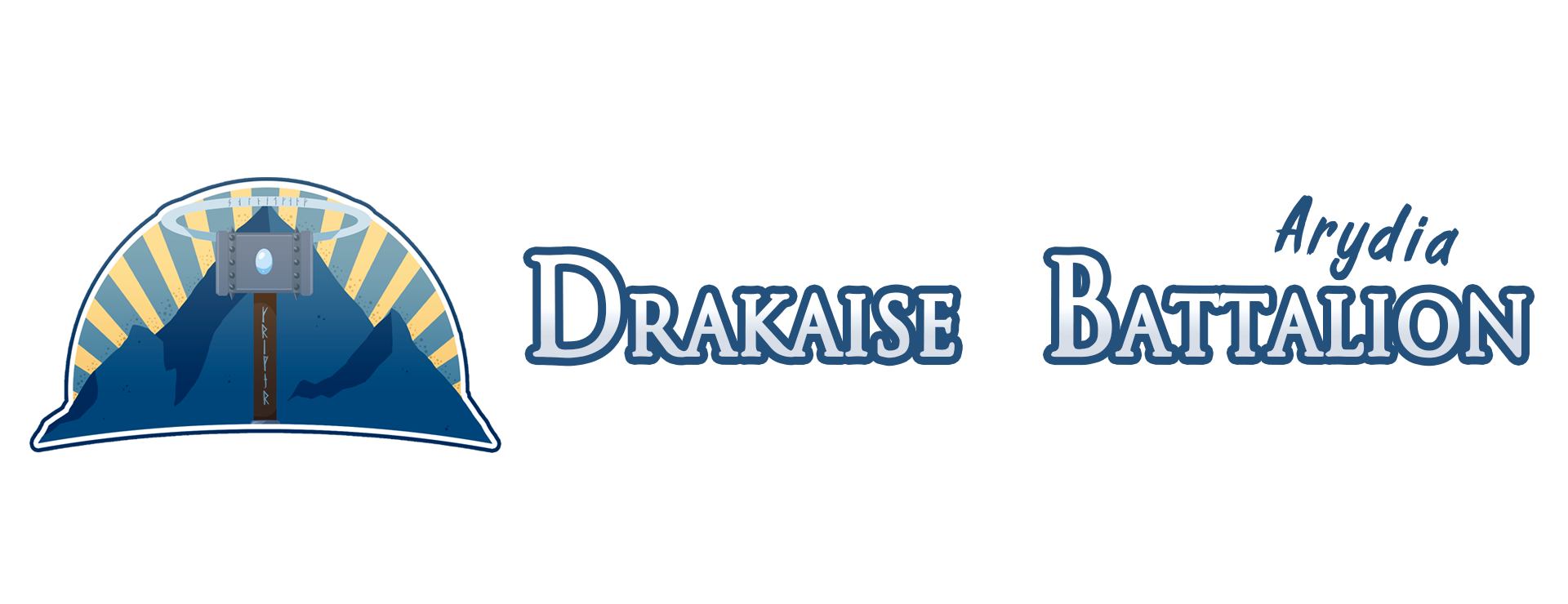The Longshore Guild
In times past it was thought that land stretched forever, but in truth, it is the sea that has no end. For if you follow the beaches and the cliffs for long enough, you will reach the place you started from. If you can walk along the same shore until you reach the same place, it must be the same shore, just one of immense size. Thus the sands of Ithungsida are one longshore to be staffed by the people that can understand that we are all connected and constrained in the same ways.
The Longshore Guild
The Longshore Guild is the professional group of dockworkers and shipwrights, they provide skilled training and labor for sailors and port cities across Ithungsida. A large port city like Aegis will often employ hundreds of Longshoremen under a group of Master Longshoreman, while a small seaside village might only be lucky enough to have even a regular Longshoreman. This group maintains a functional monopoly on the repair and reconstruction of damaged ships, both naval and aerial alike. They also maintain some of the most fastidious records through the vast amounts of logbooks that they provide each of their members and any ship they speak to. Old, full, damaged or extra logbooks are often stored in their Longhouses, where the most important local details and information are discussed and decided.Advancement
A dockworker is brought on by a Longshoreman or higher as an Apprentice Longshoreman. The Apprentice will usually graduate to a full Longshoreman after the end of the second flood season, though this can vary wildly in the northern reaches where the floods aren't nearly as intense. A Longshoreman is expected to train at least three apprentices over their career, but if they want to climb the ranks of the guild, they will have to go beyond that. The Longshoreman only advances to the rank of Trained Longshoreman after their fourth apprentice completes their training. This is the last point where just training new Longshoremen becomes the basis of advancement. To become a Lead Longshoreman requires at least five successful apprentices and requires one of those apprentices to have also reached the rank of Trained Longshoreman. The last two ranks are the highest echelons of the guild. To become an Apprentice Master Longshoreman requires ten successful apprentices, two that have reached the rank of Trained, one that has reached the rank of Lead and a Master must accept you as an apprentice. This final apprenticeship is of an indeterminate length and a Master is only promoted once their Master submits them for a vote by their local Longhouse.Logbooks
The Logbook is likely the most recognizable way to know somebody is or was a Longshoreman. These books are some of the toughest all-weather writing implements in common use. They are tough, don't get ruined by water and are rarely lost due to the high finders fee the guild pays for their recovery. An Apprentice is often given a Pseudo-logbook to match against their trainer's logbook because they are not yet responsible for the work done on a ship. This changes when they are promoted, because the Logbook is the record of their career. It shows every ship that they have worked on in every port they have worked in. The Logbook is guild property and is constantly matched against guild records to make certain that fees are being charged correctly to the ships and the longshoremen. Logbooks are also provided to the owners of ships when they have finished construction. Every ship is expected to have a logbook for all official work and repairs that have been carried out on the ship. The guild keeps a heavy reputation about the sanctity of their logbooks, to the point that Pirates, Soldiers and Mercenaries alike tend to keep them handy. While ships have received replacement logbooks, if they lose them regularly, the entire ship can be blacklisted from having work done by guild members.A Long Shore connects the world, a Longshoreman fixes it.
Type
Guild, Professional
Alternative Names
Shipwrights, Carpenter Cartel, Handymen
Demonym
Longshoremen
Related Ranks & Titles
Related Professions
Controlled Territories



Comments